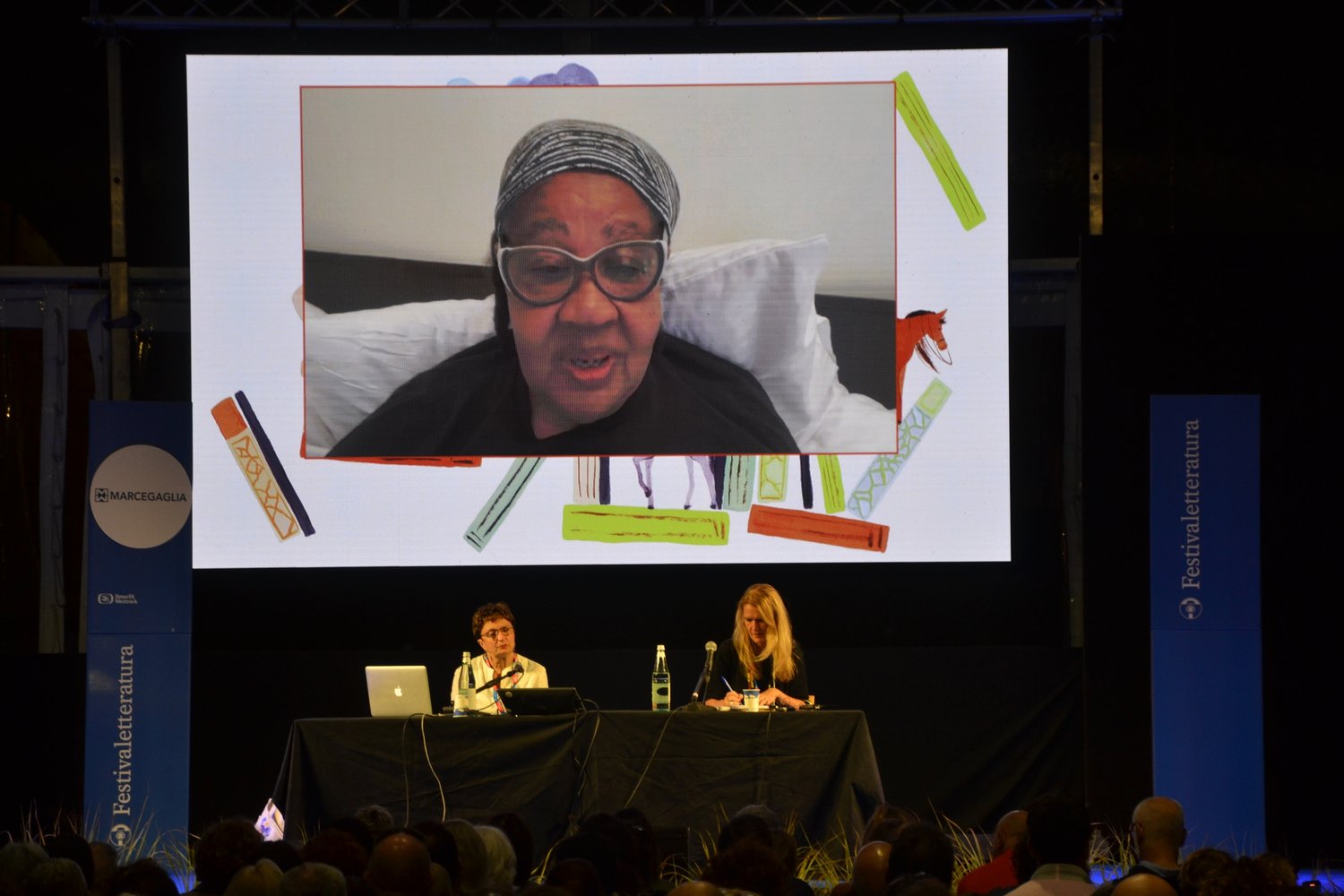



The Price of Freedom
The F train in New York City takes you from the bottom of Manhattan’s Lower East Side to Coney Island, Brooklyn, overlooking the ocean. These places, and the travel in between, are second-nature to Jamaica Kincaid, the Antiguan-born writer who later emigrated to New York City. And all throughout her oeuvre, Kincaid is motivated by themes of movement and stagnancy, freedom and proximity.
Movement is freedom whether it denotes a person's physical or moral state. Or even their name. Born Helene Potter Richardson, the act of choosing the name Jamaica Kincaid is not one of rebirth but of repossession, Kincaid clarifies. ‘"The person who named herself was always who I was", she says, wielding the unmitigated power which she knows language - and especially names - hold. A power which she is in complete control of. A power which liberates.
Freedom, however, comes with solitude. Perhaps longing too. One is free from turgid traditions and cultural expectations, yet also tethered to a homeland. Which, for Kincaid, expands across that wide and blue Atlantic back to her Afro-Caribbean origins. Kincaid frames this as a ubiquitous ache, an endemically human one. Humans, she says, are motivated by the idea of home, the recongregating and recognition that lies in singing in the same tongue or drinking together on monobloc chairs.
Home is not only a place but a people too. In The Autobiography of My Mother, Kincaid explores what this means for her, someone whose birth marked their mother’s death. What does it mean to be born with that initial? The loneliness and terrifying expanse she was plunged into, in that very first moment of life. One which Kincaid inversely likens to the unknown of death. Her mother died the moment she was born; from that moment, there was nothing to shield her from eternity.
Jamaica Kincaid is nothing but raw. Beneath a calming, fluid cadence is perceptible fear. She accepts and recognises this fear, saying that "I do nothing that I’m not uncertain about." That does not take away from the immense vulnerability that writing exerts on the psyche. She accepts the challenge, though. Wholeheartedly. "We grow up in a place where we read books written by others". If freedom requires courage, Kincaid’s books are dutiful to Vladimir Nabokov’s assertion that "readers were born free and ought to remain free".